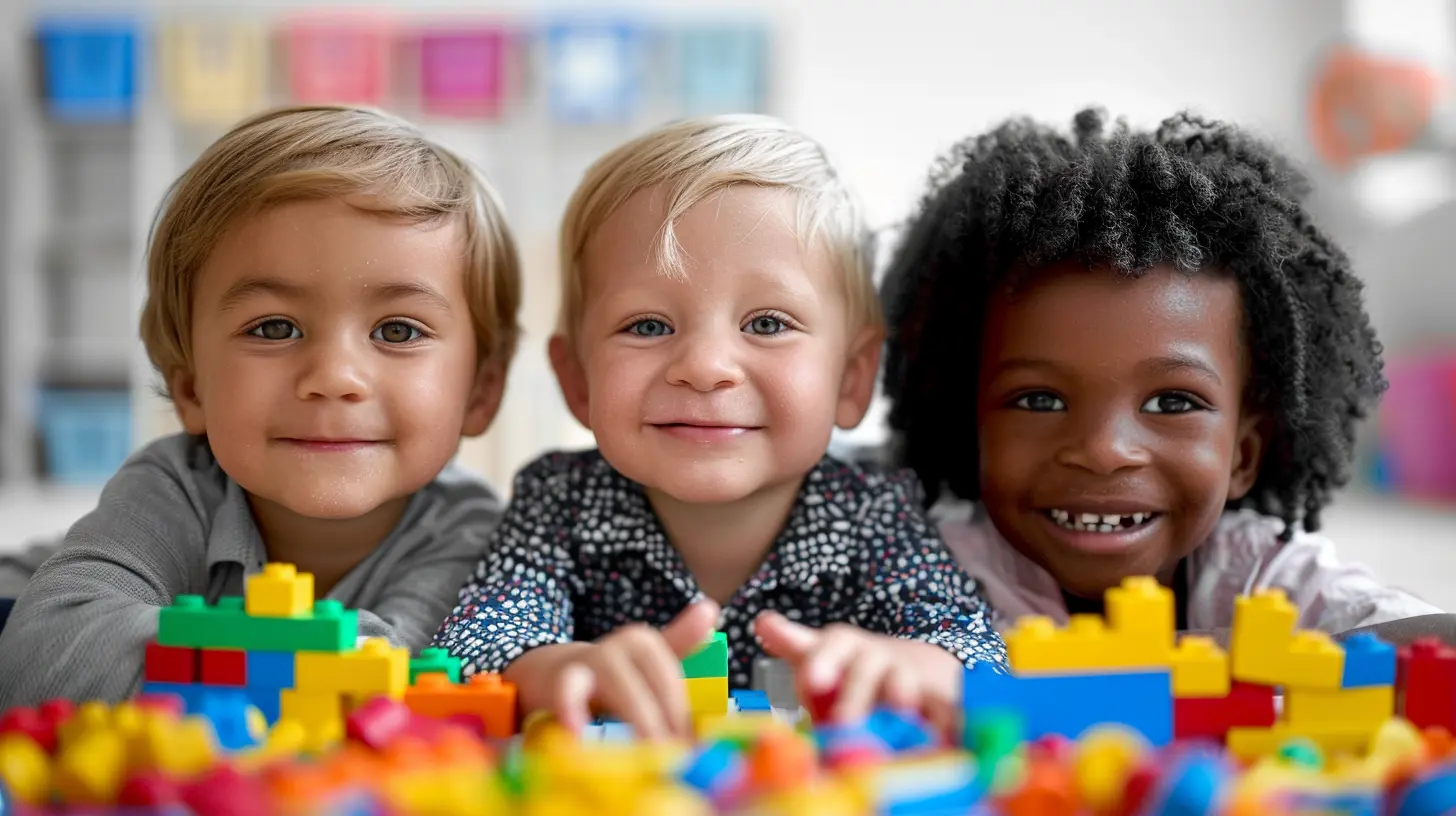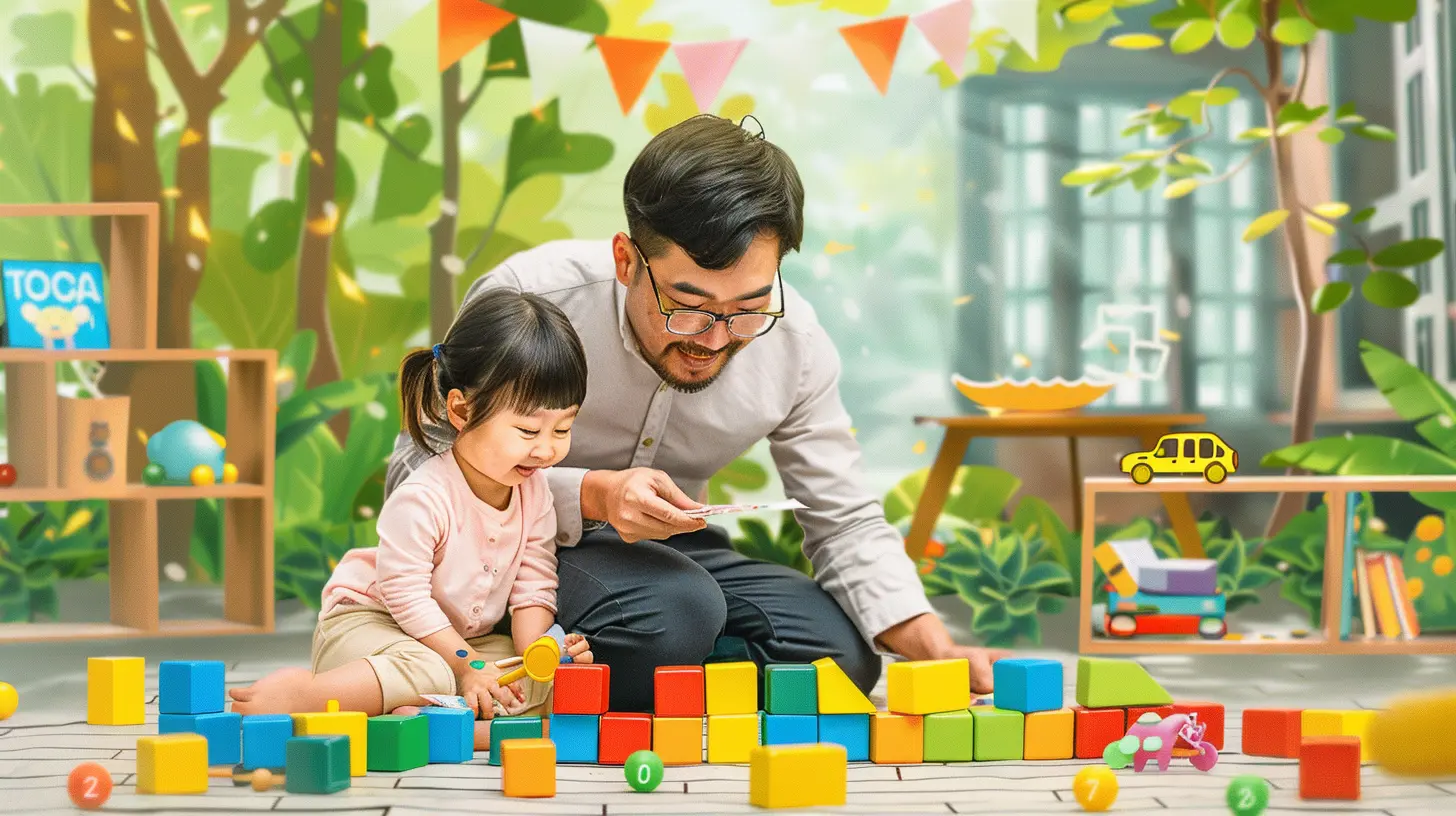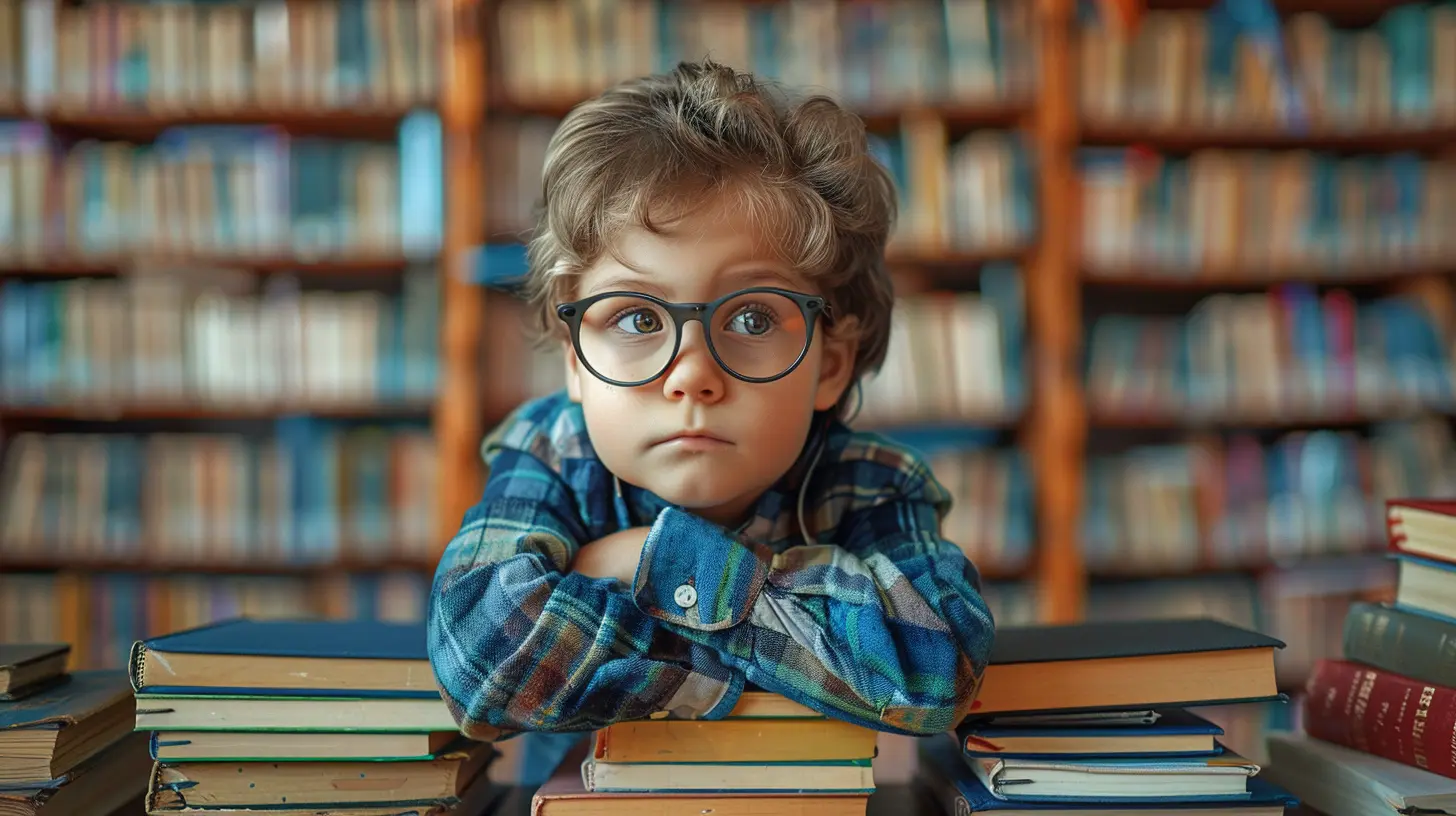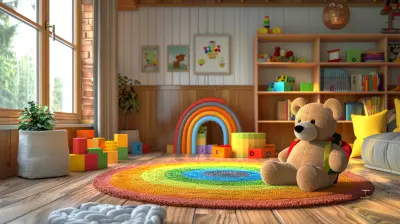Preparing Your Child for Kindergarten: Skills to Focus On
15 July 2025
Starting kindergarten is a huge milestone for both kids and parents. If you're like most parents, you're probably wondering how to make sure your little one is ready for this big step. It's not just about recognizing letters or counting to ten—although those things help! It’s also about social skills, emotional readiness, and simply being able to follow a routine without a meltdown (or at least minimizing those!).
In this guide, we’re going to break down the essential skills your child should ideally have before walking through those kindergarten doors. Whether your child has attended preschool or not, there are lots of easy, fun, and everyday ways to support their readiness at home.
So grab a cup of coffee, and let’s chat like two parents on the playground trying to figure this whole thing out. 😉
Why Kindergarten Readiness Matters
Let’s face it—kindergarten isn’t what it used to be. Today’s classrooms are more structured, academic-focused, and fast-paced. Teachers are working with growing class sizes, and expectations have changed. That doesn’t mean you need your child reading chapter books by August, but it does mean helping them gain the foundational skills to thrive, not just survive.By focusing on a mix of academic, emotional, and practical life skills, you're giving your child the tools to feel confident and capable.
The Big Three: Cognitive, Social, and Self-Help Skills
Think of kindergarten readiness like a three-legged stool. If one of the legs is wobbly, the whole thing becomes a balancing act. The three must-haves?1. Cognitive/Academic Skills
2. Social-Emotional Skills
3. Self-Help/Independence Skills
Let’s dive into each of these and talk about how you can help your child build them at home (no flashcards required!).
1. Building Cognitive and Pre-Academic Skills
These are the skills most parents worry about first—ABC’s, numbers, colors, all that “school stuff.” Yes, they’re important. But remember, your child doesn’t need to master first-grade skills. The goal is exposure and curiosity.✅ Letter Recognition and Sounds
- What to work on: Knowing some letters (especially in their name), recognizing letter sounds, and showing interest in books.- How to help: Read together daily. Sing the alphabet song. Point out letters on signs, food boxes, and toys in real life. Make it a game!
✅ Number Sense
- What to work on: Counting to 10 (or 20), recognizing numbers, and understanding quantities (like what “3” means).- How to help: Count everything—stairs, apples, toy cars. Play board games with dice to practice one-to-one correspondence.
✅ Shapes, Colors, and Sorting
- What to work on: Naming basic shapes, sorting objects by color or size.- How to help: Use building blocks, puzzles, or even the laundry (“Let’s sort the socks by color!”).
✅ Listening and Following Directions
- What to work on: Following simple one- and two-step instructions.- How to help: Practice with daily tasks. “Put your shoes in the closet and then bring me your water bottle.” Praise their success when they follow through.

2. Social and Emotional Development
Okay, real talk: these are the hardest skills to teach but also some of the most important. If your child can’t share, wait their turn, or express frustration without a total breakdown, learning becomes a whole lot harder.✅ Sharing and Taking Turns
- Why it matters: Kindergarten involves a lot of group play and shared materials. Children need to learn it's not always their turn.- How to help: Play turn-taking games or structured activities like playing with blocks together—“my turn, your turn.”
✅ Expressing Emotions with Words
- Why it matters: Kids face big feelings, and helping them name and manage those feelings builds resilience.- How to help: Use books or roleplay to talk through emotions. “How do you think Teddy felt when he dropped his ice cream?”
✅ Separating Comfortably from Parents
- Why it matters: If your child clings to you like Velcro every time you say goodbye, it can make classroom transitions tough.- How to help: Start with short separations and build up. Be calm, loving, but consistent. Avoid slipping away without saying goodbye—it builds mistrust.
✅ Self-Control and Patience
- Why it matters: Waiting in line, raising hands, and sitting during story time all require impulse control.- How to help: Practice delayed gratification with games like “Red Light, Green Light” or simply waiting a few seconds before eating a snack after it's served.
3. Self-Help and Independence
Can your child manage basic tasks on their own? Independence builds confidence. No, they don’t need to make their own lunch (yet!), but small skills go a long way.✅ Using the Bathroom Independently
- Why it matters: Teachers can’t always leave the room to help one child use the toilet.- How to help: Practice wiping, flushing, washing hands, and managing clothes like zippers and buttons.
✅ Putting on Shoes and Outerwear
- Why it matters: Think about 20 kids getting ready for recess at once. Yikes!- How to help: Teach them how to zip jackets, velcro shoes, and put on backpacks. Make it a fun challenge—“Can you beat the timer?”
✅ Managing Their Belongings
- Why it matters: Kids need to be able to keep track of their things—folders, lunchboxes, jackets.- How to help: Give them small responsibilities at home. “Hey, can you put your toy back where it belongs after we’re done?”
✅ Asking for Help
- Why it matters: If a child is confused or hurt, they need to know how to find help.- How to help: Teach polite ways to ask for assistance. Roleplay: “Excuse me, I need help tying my shoe.”
Bonus Skills That Give Kids a Boost
Here are a few more things that can give your child a smoother start:✅ Basic Fine Motor Skills
These are needed for writing, using scissors, and even opening snack containers.- Try this: Play with Play-Doh, string beads, use clothespins, or draw with crayons.
✅ Listening to a Story Without Interrupting
- Try this: Read aloud daily and pause to ask questions. Encourage your child to wait until the end before commenting.✅ Repeating Their Full Name and Basic Info
- Try this: Practice fun songs with their name, age, and even your phone number. It’s not just helpful—it’s a safety essential.What If My Child Isn’t “There” Yet?
Breathe. Readiness isn’t a checklist. Every child develops at their own pace. Some are better at math but still clingy. Others might talk your ear off but can't sit still for circle time.If you’re concerned, talk to your child’s pediatrician or future teacher. Early intervention (when needed) makes a huge difference. And remember—kindergarten is designed to teach kids these skills. Your job is to support them, not to stress about perfection.
How to Make Learning Fun (Because Kids Learn Best Through Play!)
Kids aren’t tiny adults. They don't need lectures, worksheets, or hours of practice. They need play. That’s how they explore the world. Want your child to learn about colors? Finger paint together. Want them to count? Snack on goldfish crackers and count as you eat.Bake cookies, build with blocks, sing silly songs. The more fun it is, the more your child learns without even realizing it. 🎉
Final Thoughts: Trust Yourself and Your Child
You know your child better than anyone. Preparing them for kindergarten isn’t about drilling skills; it’s about supporting their growth with love, patience, and consistency. Focus on the effort, not perfection. Celebrate small wins. And when the first day rolls around, know that you've laid the groundwork for a joyful (and tear-free, hopefully) transition.Kindergarten? Your kid’s got this—and so do you.
all images in this post were generated using AI tools
Category:
Education TipsAuthor:

Max Shaffer
Discussion
rate this article
2 comments
Lysander McDonough
Exciting times ahead! Let’s make learning fun and engaging!
November 15, 2025 at 4:08 PM

Max Shaffer
Absolutely! Making learning enjoyable sets a strong foundation for your child's success in kindergarten. Let's inspire curiosity together!
Kate McFarlin
This article is a fantastic resource for parents! It highlights essential skills like socialization, basic literacy, and fine motor skills, which are crucial for a smooth transition to kindergarten. I especially appreciate the practical tips and activities provided. Preparing our little ones can make all the difference in their confidence and success!
July 30, 2025 at 3:34 PM

Max Shaffer
Thank you for your thoughtful feedback! I'm glad you found the tips helpful for supporting your child's transition to kindergarten.


